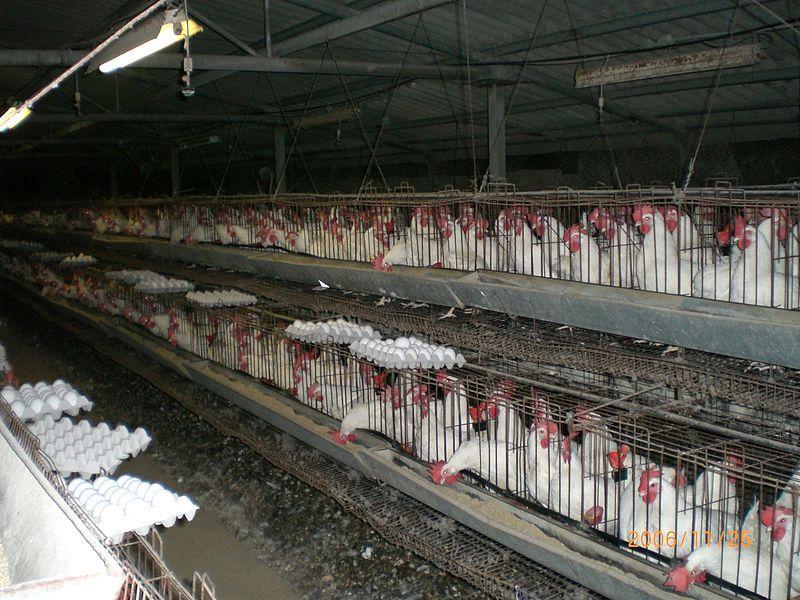Ames company aims to end bird flu pandemic
The H5N2 avian flu, more commonly known as bird flu, has caused the death of almost 45 million chickens and turkeys.
June 11, 2015
A new strain of avian influenza was detected at an Oregon farm in late 2014. Since then, the virus has become a nationwide pandemic and has killed more than 45 million birds. Nearly two-thirds of those deaths have been in Iowa, according to the USDA.
The virus, officially known as H5N2 avian influenza, has a very high mortality rate, and can kill in just a few days. The standard response to this type of pandemic is to euthanize all birds in the affected area. The large death toll has resulted in a sharp rise in prices of eggs and poultry products.
Fortunately, this outbreak could soon be stopped, thanks to promising trials of a bird flu vaccine at Harrisvaccines in Ames.
“We’re very confident that we have an efficacious vaccine that will be USDA approved,” said Joel Harris, Harrisvaccines head of marketing.
Harris anticipates that trials will finish in four to eight weeks.
This strain of bird flu is primarily of Asian origin. The Asian virus, H5N8, was brought over the Pacific by migratory birds and mixed with North American viruses.
Harrisvaccines is notable for being one of the first companies to bring a swine flu vaccine to market during the 2009 H1N1 outbreak and was founded in 2006 by a group of ISU researchers and professors.
Even if the company’s vaccine is USDA approved, Harris advised farmers to continue to take strict preventative measures against disease.
“Even with a vaccine, it’s important to have strict biosecurity,” Harris said. “That includes washing foods, trucks, continued surveillance and working with the USDA.”
The virus presents no imminent danger to humans, but the USDA advises consumers to cook all poultry products to an internal temperature of at least 165 degrees Fahrenheit.







